#funny games
Text
Nip For Speed is an absurd little adventure where a crazed cat takes you for a spin along a highway!
Read More & Play The Full Game, Free (Browser)
Full Gameplay Video:
youtube
#gaming#indie games#video games#pc games#free games#indie game#pc gaming#indie gaming#pc game#games#cats#Nip For Speed#funny#funny games#Youtube
3K notes
·
View notes
Text
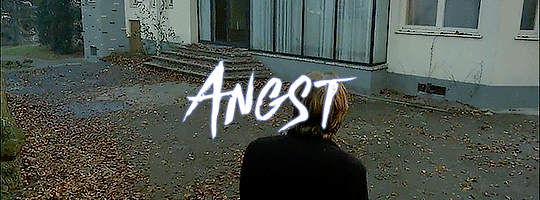
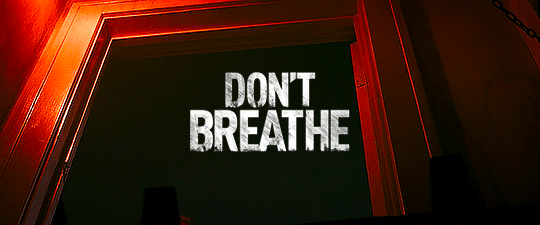
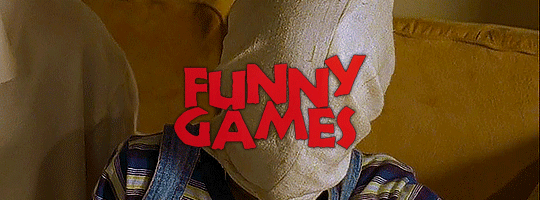



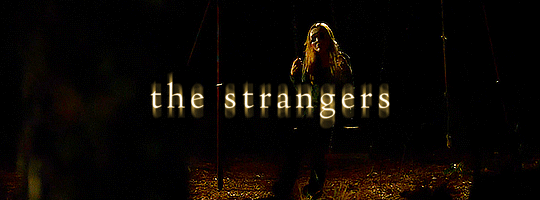



10 Home Invasion Movies To Consider For October/Halloween
#Horror#Filmedit#Horroredit#Home Invasion#Angst#Don't Breathe#Funny Games#Ils#Knock At The Cabin#The Purge#The Strangers#Straw Dogs#Us#You're Next#CHB#10 Movies To Consider#I am not saying that these are the best or that they are my favorites.#Just 10 movies that I think are worth watching for the season.
709 notes
·
View notes
Text






















coomgeneration on ig
#horror#dead alive#perfect blue#funny games#pearl#the machine girl#hereditary#the lighthouse#eraserhead#scream#martyrs#audition#videodrome#donnie darko#the exorcist#the human centipede#hausu#they live#ichi the killer#thriller a cruel picture#society
320 notes
·
View notes
Text
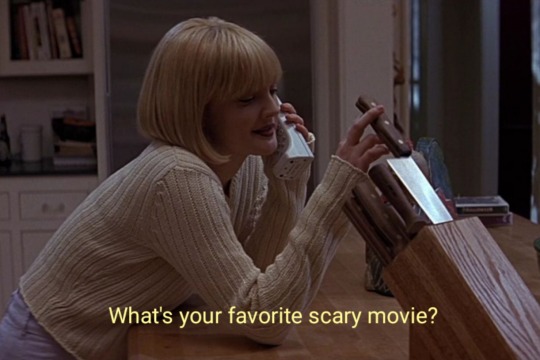

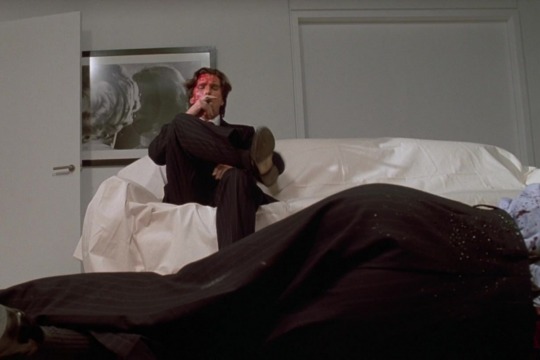






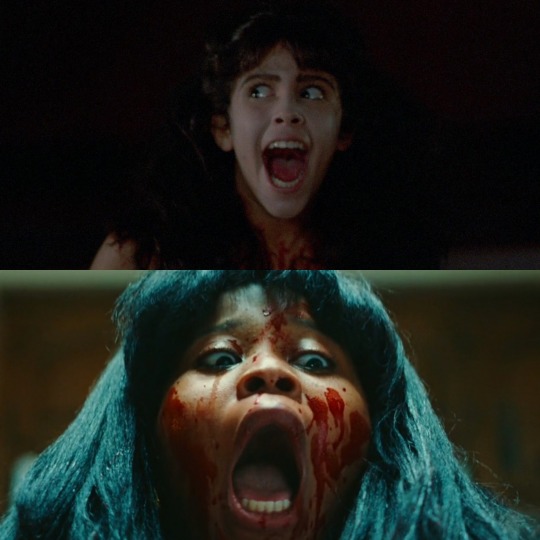
Scream (1996) dir. Wes Craven, American Psycho (2000) dir. Mary Harron, Funny Games (2007) dir. Michael Haneke, Pearl (2022) dir. Ti West, Stoker (2013) dir. Park Chan-Wok, Midsommar (2019) dir. Ari Aster, Sleepaway Camp (1983) dir. Robert Hiltzik /// Swarm (2023) cr. Janine Nabers & Donald Glover
(@wakandamama inspired the last photo)
#what I'm saying is if you're a bey stan and love horror all 7 episodes hit different#swarm#horror#horroredit#swarm 2023#dominique fishback#tw blood#american psycho#funny games#pearl#mia goth#christian bale#scream#wes craven#web weaving#parallels#swarm spoilers#janine nabers#donald glover#userrobin#usertaf
1K notes
·
View notes
Photo


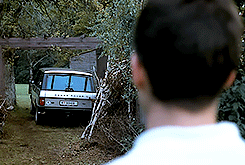







#Funny Games#fg*#*#new gifs#horroredit#userhorroredits#dailyhorrorfilms#classichorrorfilms#classichorrorblog#horrorfilmgifs#userbrittany#moviegifs#filmgifs#filmedit#filmdaily#tvandfilmdaily#dailytvfilmgifs#cinemapix#doyouevenfilm#fyeahmovies#dailyflicks#moviehub#filmcentral#junkfooddaily#michael pitt#michael haneke
538 notes
·
View notes
Photo





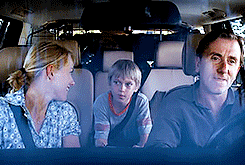




"Whether by knife or whether by gun, losing your life can sometimes be fun." | "So, what do you want to do? You want to call someone? An ambulance, or the police? I won't stop you. Neither will Tom. Right, Tom? Well, what are you waiting for?"
Funny Games (1997) | (2007) dir. Michael Haneke
#Funny Games#horroredit#userhorroredits#dailyhorrorfilms#classichorrorfilms#classichorrorblog#horrorfilmgifs#userbrittany#gif#mine#made by me#photoset#gifs#gifset#moviegifs#filmgifs#filmedit#filmdaily#tvandfilmdaily#dailytvfilmgifs#cinemapix#doyouevenfilm#fyeahmovies#dailyflicks#moviehub#filmcentral#junkfooddaily#michael pitt#naomi watts#tim roth
505 notes
·
View notes
Text



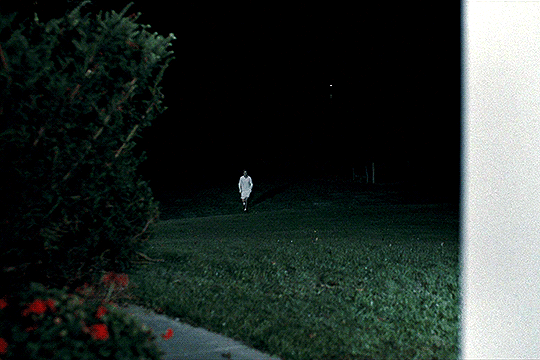



"Why are you doing this?"
"Why not?"
Funny Games (2007) dir. Michael Haneke
#Funny Games#Michael Haneke#Naomi Watts#Tim Roth#Film#filmedit#horror#tuserdana#userstream#horroredit#horrorsource#fyeahmovies#cinemapix#cinematicsource#userbbelcher#junkfooddaily#horrorfilmgifs#filmgifs#gifs
371 notes
·
View notes
Text
Worm and other media that won't just let you shoot the Joker, part 1:
Worm comments on the structure of stories, especially superhero stories, in some interesting ways. There's a lot of stuff that happen in superhero comics for no real reason than that it needs to happen for the story to be interesting; a huge amount of Worm's worldbuilding is devoted to taking these things and making the fact that they have to happen an explicit in-setting constraint. For instance, superhero stories tend to have more powerful heroes face off against much more powerful villains than their less-powerful allies, to the point where it seems like super-powerful threats are coming to earth every few weeks just because it wouldn't be interesting to read that comic otherwise. It gets weirder when you compare what villains end up visiting the cities of uber-powerful heroes vs the cities of less powerful heroes: Gotham mostly just has to deal with serial killers while Metropolis is a magnet for evil gods. Worm plays with this by having the Endbringers exist only because the big hero needed something to fight in-text: it changes "powerful heroes need powerful villains or else it wouldn't be interesting" from a Doylist justification to a Watsonian one. Then there's the fact that so much of the horrible conflict in Earth Bet is explicitly caused by Gods making sure the powers they grant people lead to increased conflict, the fact that one of the most powerful characters does what she does because the plot path to victory says she needs to, etc.
But the big one is Jack Slash, and how he's only able to get away with his bullshit because he has plot armor as a secondary power. As WB says here, "Jack's a reconstruction of the Joker type character in the sense that you can't have such a character take such a high profile position in the setting, without having there be a cheat." The Joker and similar characters are only able to keep being relevant threats in their stories because the narrative bends to let them win and stops them from being killed. Jack Slash is only able to keep being a relevant threat because his power makes the universe bend to let him win in the same way. Not only does this make for an interesting obstacle (its almost like they're fighting an authorial mandate!), but it skewers the use of similar character's plot armor and how unrealistic and unsatisfying it makes their stories.
But wait, what does it mean for a story to be "unrealistic" in the context of superpowers? Is being unrealistic in those contexts actually a problem? For that matter, what does it mean for a narrative to bend to let someone win? Its not like there's an objective way fighting the Joker would go, which the author is deviating from by letting him survive.
[Stuff under readbelow contains spoilers fo, the movie Funny Games and the book Anybody Home?]
Maybe we could say that if characters like the Joker were real, and put in the situations they are in their stories, they would end up being killed really quickly. But is that a reasonable way to judge stories? A narrative where such a character is killed unceremoniously to satisfy a need for realism isn't any less an expression of the author's deliberate choices than a story where the character keeps showing back up to satisfy a desire for fan-favorite characters. And while Jack Slash's arcs help show why deviating from "realistic consequences" in the service of keeping a character alive can make a story exhausting and screw with an audiences' appreciation of stakes, it doesn't make a strong case against the concept of villains having plot armor in general. A story isn't necessarily worse just for being constructed to keep the villains alive—all stories are constructed, and sometimes being constructed that way makes for the best story.
That becomes more clear when you take the premise of Jack Slash as "killer who wins because the mechanics of the universe says so" and make clear just how much "the mechanics of the universe" really just means "the story". Which is how you get Peter and Paul from Funny Games.
I'd highly recommend watching Funny Games (though for the love of god check content warnings), as well as Patricia Taxxon's review of it that I'm cribbing a lot from here. But to summarize, Funny Games is a movie written and directed by Michael Haneke about a family's lakeside vacation being interrupted by the appearance of two murderous young men, who capture them in their own house and slowly torture and kill them off. At least, that's what it seems to be about initially. It marketed itself as a somewhat standard entry in the genres of torture porn and home invasion thrillers, and played itself straight as one for the majority of its runtime. But then one of the two villains of the pair, "Paul," starts talking to the audience.
It starts small: after crippling the family's father and revealing that he killed their dog, Paul has the wife look for its corpse outside. While giving her hints, he slowly turns back towards the camera and smirks, before turning back. In isolation, maybe it could be interpreted as Paul smirking at Peter, seeming to look out at the audience only because of clumsy blocking. But then it happens again. Paul tells the family, who are completely at their mercy at this point, that they're gonna bet that they'll all be dead within twelve hours. When the family refuses to take the bet, asking how they could hope to win it when he can clearly off them all whenever they wish, Paul turns towards the audience and asks "what do you think? Do you think they stand a chance? Well you're on their side aren't you. Who you betting on, eh?" The audience is being acknowledged; their role as someone invested in the story is being examined by the ones introducing the stakes.
youtube
But the biggest moment comes near the end, when the mother grabs the shotgun she's being threatened with and blasts Peter. Paul startles, grins, and then hurredly grabs a tv remote and presses rewind. The movie itself suddenly rewinds to right before the mother grabs the gun, and plays again with Paul grabbing the shotgun right before the mother reaches for it.
Its a truly incredible moment, in that its the perfect way to forcibly take away the audience's suspension of disbelief. It forces the audience to acknowledge that they're viewing a story, not something happening to a real family. After their moment of catharsis against the villains, Paul makes the confront the fact that the movie will end however the creators want it to, and if they want the villains to win they'll will regardless of how little sense it makes. Fuck you, we can go from being set in the normal world with normal rules to the villains traveling back in time with a tv remote, because a story does whatever its creators want. Haneke just decided to make that obvious in the most jarring way imaginable.
But maybe the best way to illustrate Funny Games effectiveness at this type of artful unveiling is comparing it to its less-effective imitators. I've recently finished Anybody Home?, a recently-published book by Michael J. Seidlinger. It has the conceit of being narrated by an unnamed mass-murderer, guiding a new killer in their first home invasion. I started reading it before I watched Funny Games, and even afterwards took a while to realize the unnamed narrator wasn’t just a pastiche of a Paul-like character but was actually supposed to be read as Paul himself. Seidlinger was having his book be a sort of unofficial sequel to Funny Games, narrated by its star. Once I realized, a lot of the books details suddenly clicked. The big one was the constant references to “the camera" and the idea of murder being a performance for an audience, one that needed to be fresh and original to make “the cults” enjoy it. Take these passages from page 77:
If it happened, it would perturb. It would create suspicion. It wouldn’t end up ruining the performance, and yet, it could have derailed our casing. The camera can have all it wants; either way, it’ll make it look better than it really was. It’ll strip away the cues and other planned orchestrations and it’ll show the action—the actuality of each scene, each suggestion…
This is a spectacle, above all. The craft pertains to keeping and maintaining a captive audience; behind the camera, you’ll never know how it happened—the trickery that made the impossible possible, the insanity so close to home. It is spectacle.
Through online activity, the son made it clear that something is happening at home, yet we cannot be certain if he has noticed the camera.
These all point to the idea that the murders are being viewed by an audience rather than just by intruders, that this is a performance for said audience's benefit more than anything else. But notably, it also reinforces the idea of these characters having an existence outside of the camera: the camera shows the action and "strips away" the cues behind it, the victims have a life outside the camera such that they could plausibly sense that the camera is now here. The victims are sometimes described as playing into their role, but always metaphorically; always as if normal people start acting like characters when put in certain circumstances. Whereas Funny Games posits that characters will behave however the author wants them to, denying the claim that stories are realistic simulations of hypothetical scenarios.
The whole thing is predicated on the idea that there needs to be a guide, that the villain of a home invader movie is really in danger of something going wrong. Paul/The narrator keeps giving directions on what needs to be double checked, what needs to X, and its completely against the spirit of the role Paul served in Funny Games. If something goes wrong for the villain they should just be able to rewind and do it over, because the story was written for them to succeed. Anybody Home? throws out Funny Games theme of the story being on rails, of the winner being whoever the author wants it to be and the events following whatever the author wanted rather than what would "really" happen. It throws out the whole idea that it’s all just a story, by supporting the idea that the characters have lives not captured by the camera—or more relevantly, not captured on-page.
Because Seidlinger using the language of film in a book leads to different things going on with the fourth wall. The way Funny Games and Anybody Home? make the camera explicit are just different, and the former does it much more interestingly than the latter. Seildinger’s characters aren’t looking back at the reader, the fourth wall is never actually breached. Funny Games has Paul look into the camera to address the audience, making clear how it’s a story being set up for the audience's benefit. Anybody Home? invokes the idea of a camera tracking everything home invaders do in general, having it be a third-party force that’s itself an unseen character contained within the story, observing the intruder's crime rather than the reader. Why is it still a camera, if we're in a book rather than a movie? A character in a book talking about a camera watching them does not convey any of the same meaning as a character in a movie suddenly looking into a camera and smirking at the audience!
By the end, you realize that this is caused in part by the book's bizarro take on how horror movies exist in this world. It reveals that in its setting, all horror movies are adaptations of real home invasions, which get recorded by unseen mysterious forces. Killers enter a home and enact violence, are filmed by some supernatural camera, the footage gets leaked to the public, and then the killers sell the rights to the work to studios. The events of SAW really happened, but the movie was just an adaptation. Funny Games really happened, but the Paul in the movies was just an actor playing the Paul narrating this book. The killer's victims eventually realize that they're "victims," but not in the sense that they realize their characters in a story, only in a sense that they realize they got sucked into their world's magical realism bullshit.
Ultimately, while the book does the same trick of being all about how horror stories are “for” us, it gets rid of all the tricks that made it work for Funny Games. It even strips it's in-universe version of what made it special; Funny Games is just another adaptation of a real home invasion. All the meta stuff that makes it interesting in its genre are just gestured at as aesthetics.
So what makes Jack Slash in Worm succeed where the killers in Anybody Home? fail? Both are constructed to be entertaining for a 3rd party who stand-in for but aren't actually the audience; the entities in Worm, the cults in Anybody Home?. But Jack Slash doesn't mix his metaphors. Worm may turn various real-life factors affecting a work into in-story mechanisms of the world in the same way Anybody Home? does. But it doesn't also base itself off a text that takes in-story mechanisms and breaks them to force the audience to see the various real-life factors affecting the work. In effect, WB pulls off a trick Seidlinger tries and fails because WB wasn't taking another metatexual story and stripping it of what made it interesting.
Though that introduces the question: can such meta-moves be mixed? Can you have a text where story conceits become explicit plot mechanics the characters are aware of, while also having characters really look at the camera and tell the audience that its all just a story? Can you actually sell it and make it something interesting?
There is one story that tries this. I don't know if it pulls it off, but it certainly makes a lot of interesting moves that create a fascinating whole. It even comments on the Joker in the same way Worm does, having a character who seemingly cant die because the roll they play in the story is too impor—
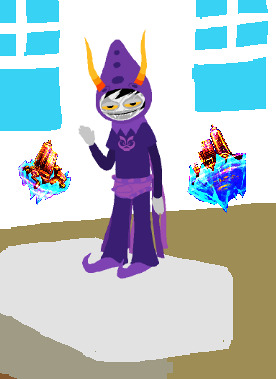
Ah fuck.
Continued in part 2.
#wormblr#wildbow#jack slash#parahumans#metafiction#funny games#michael haneke#anybody home?#michael j seidlinger#mals says#mals reads worm#Youtube
129 notes
·
View notes
Text









#mashup#mashups#horror movies#horror mashup#hello kitty#scream#ghostface#scream movie#midsommar#funny games#the toxic avenger#toxic avenger#divine#pink flamingos#dead alive#texas chainsaw massacre#leatherface#the exorcist#exorcist#the reanimator
83 notes
·
View notes
Photo

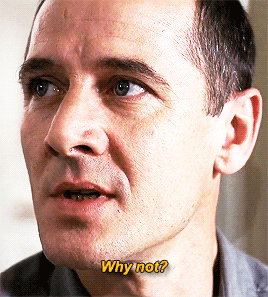

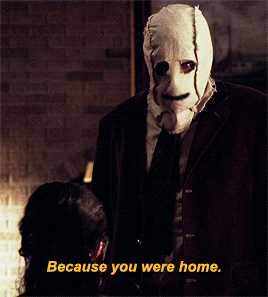
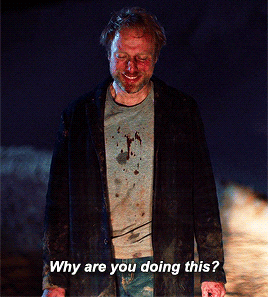
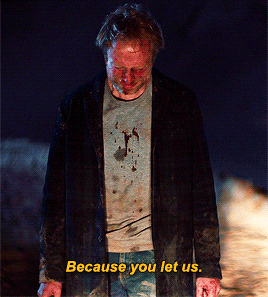
"Well, I don't really believe in motive. I mean, did Norman Bates have a motive? Did they ever really decide why Hannibal Lecter liked to eat people? Don't think so! See, it's a lot scarier when there's no motive." – Billy Loomis
FUNNY GAMES (1997) / THE STRANGERS (2008) / SPEAK NO EVIL (2022)
1K notes
·
View notes
Text
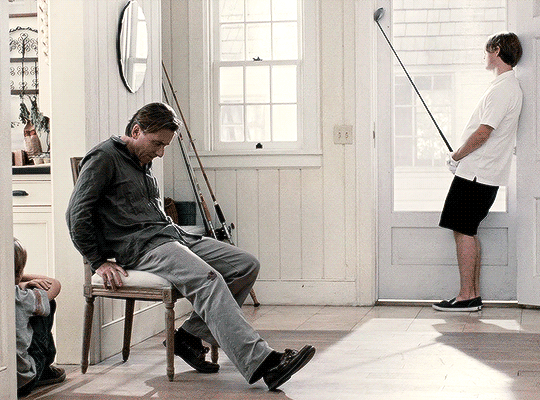

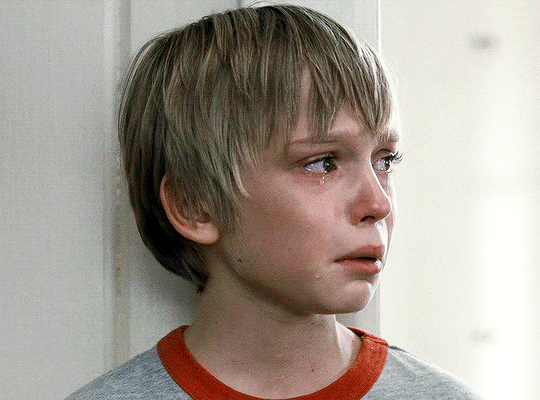




I'm sorry I hurt you, but you forced me to, you must admit.
— FUNNY GAMES (2007) dir. Michael Haneke
#horroredit#horrorfilmgifs#classichorrorblog#horrorsource#doyouevenfilm#dailyflicks#fyeahmovies#junkfooddaily#cinematicsource#tusermariah#userbrittany#funny games#haneke#mine#mine:film#mine:haneke#op#i don't watch horror films at all so i have nothing to contribute to the halloween season but! i really like this one so i tried :')
183 notes
·
View notes
Video
The Professional is a hilariously hard QWOP-like burglary sim where you attempt to break into a museum and steal a giant diamond!
Read More & Play The Full Game, Free (Windows, Mac & Linux)
#Gaming#indie games#The Professional#The Professional game#pc games#pc gaming#indie gaming#indie game#funny#funny games#pc game
12K notes
·
View notes
Photo

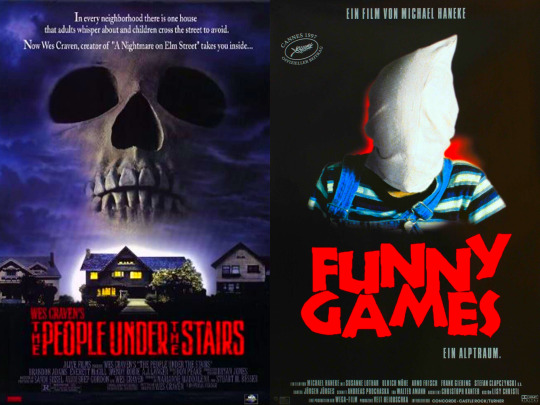
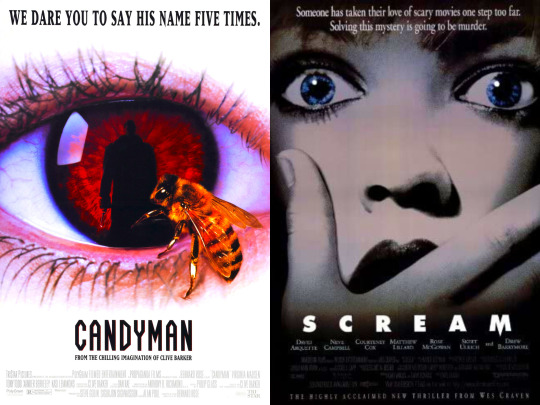
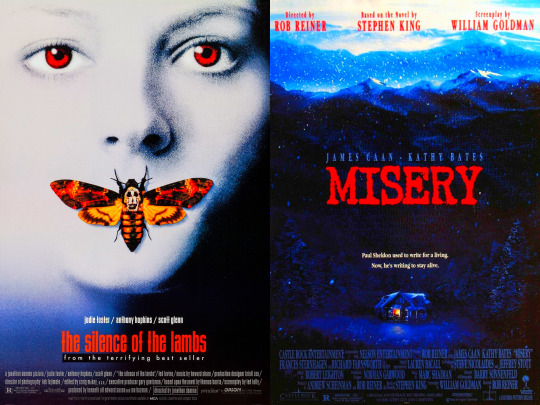

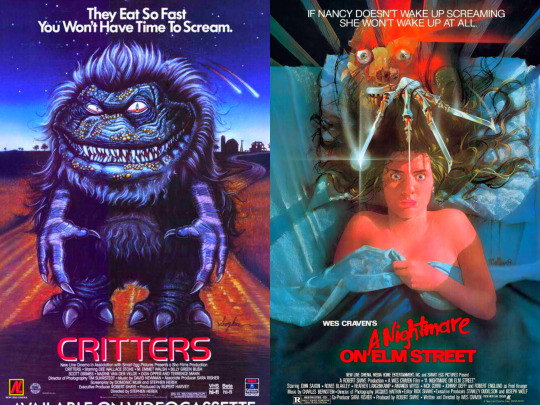
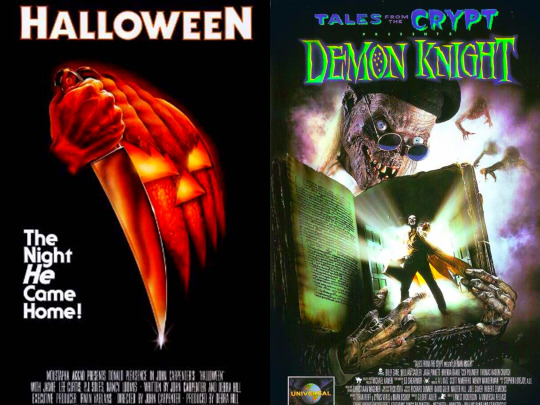

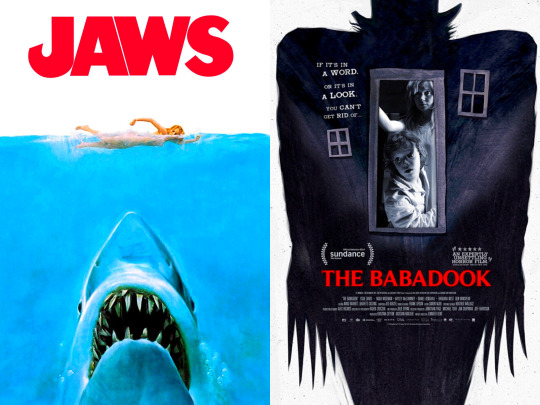
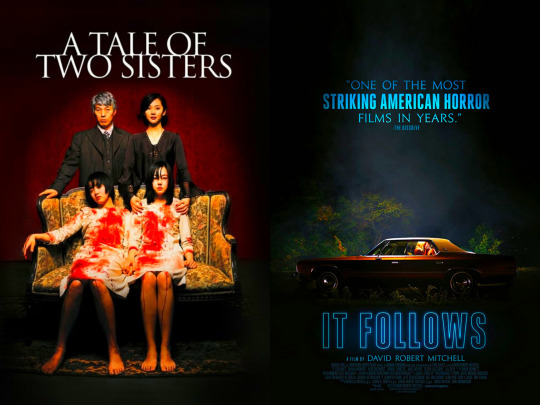
jordan peele’s favorite horror movies
#jordan peele#horror#horror movies#rosemary's baby#the night of the living dead#the people under the stairs#funny games#candyman#scream#the silence of the lambs#misery#the fly#the shining#critters#a nightmare on elm street#halloween#tales from the crypt: demon knight#alien#gremlins#jaws#the babadook#a tale of two sisters#it follows#horroredit#moviesedit#filmedit#cinema
935 notes
·
View notes
Photo


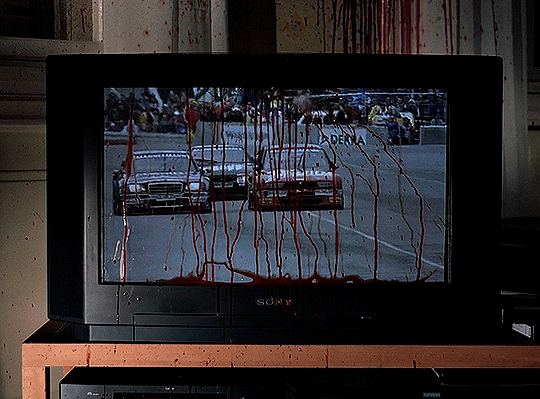
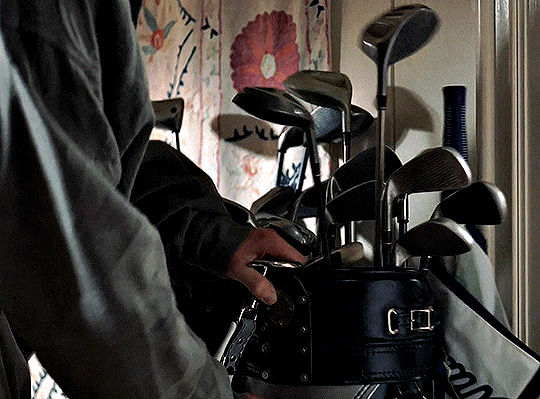


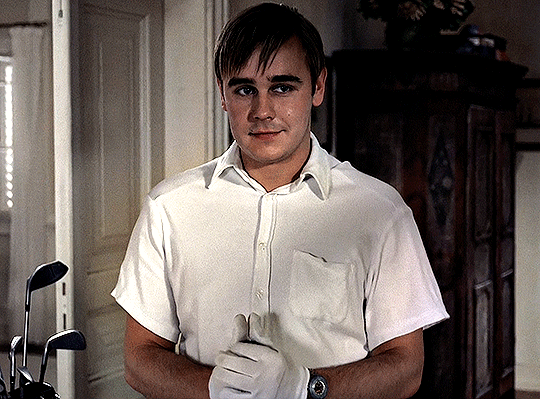

‘FUNNY GAMES’ (1997) | DIR. BY MICHAEL HANEKE
#*#by jean#funny games#horror#1990s#filmgifs#filmedit#userraffa#userjoss#usersaoirse#usergiles#horrofilmgifs#classichorrorblog#horroredit#tvandfilm#userstream#cinematv#junkfooddaily#chewieblog#userbbelcher
358 notes
·
View notes
Text
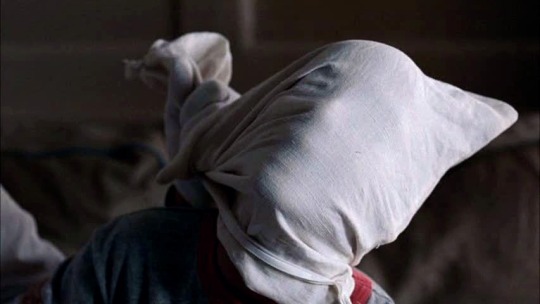
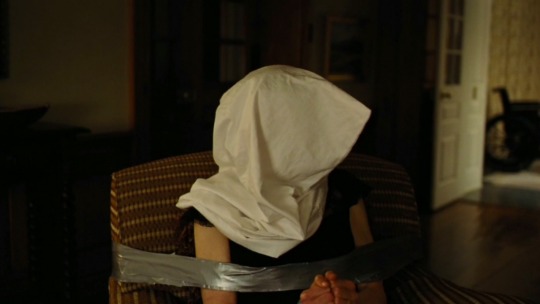

Funny Games (2007) ~ The Killing Of A Sacred Deer (2017) ~ Knock at the Cabin (2023)
#horror#horroredit#the killing of a sacred deer#knock at the cabin#funny games#funny games 2007#filmedit#userrobin#usertaf
468 notes
·
View notes
Photo









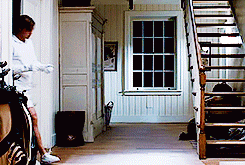
"Director Michael Haneke told producer Veit Heiduschka during the production that if the film was a success, it would be because audiences had misunderstood the meaning behind it."
Funny Games (1997) | (2007) Dir. Michael Haneke
#Funny Games#fg*#*#new gifs#horroredit#userhorroredits#dailyhorrorfilms#classichorrorfilms#classichorrorblog#horrorfilmgifs#userbrittany#moviegifs#filmgifs#filmedit#filmdaily#tvandfilmdaily#dailytvfilmgifs#cinemapix#doyouevenfilm#fyeahmovies#dailyflicks#moviehub#filmcentral#junkfooddaily#usercreate#michael pitt#userentertainments
516 notes
·
View notes